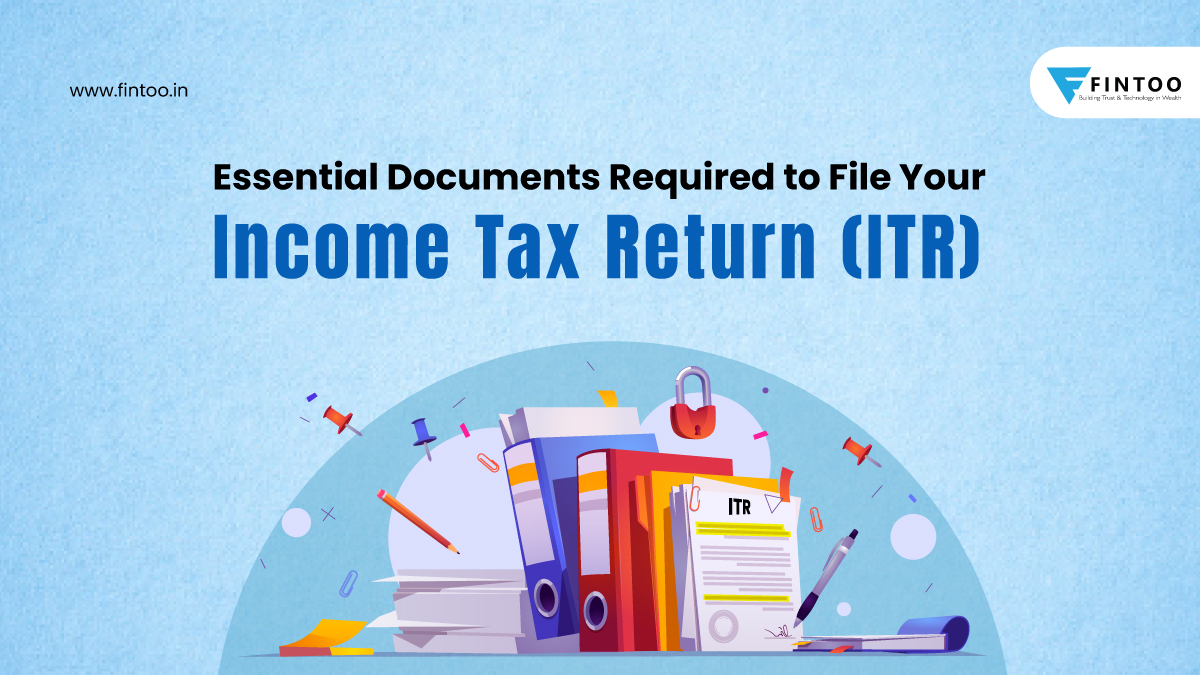How to Find Your Previous Year's Tax Return Paperwork

Losing track of important documents like your previous year's tax return can be a stressful experience, especially when tax season rolls around. Fortunately, there are several methods you can employ to locate these documents. In this comprehensive guide, we will explore various strategies to find your previous year's tax return paperwork, ensuring you are well-prepared for tax filings and audits.
Why Is It Important to Keep Your Tax Documents?

- Compliance with Tax Laws: The IRS may require previous returns during audits or amendments.
- Record Keeping: For personal records and future financial planning.
- Quick Retrieval for Loan Applications: Banks and financial institutions often need tax returns to verify income.
Where to Start Looking

At Home

Often, the first place to look for tax return paperwork is within your own home:
- Filing Cabinet: Check your filing cabinet for a tax folder or any envelope labeled with “taxes.”
- Previous Year’s Desk Drawers: Tax documents might be lingering in your desk from where you prepared your taxes.
- Electronically Saved Files: If you saved your tax returns on your computer, search for PDFs or spreadsheets labeled with the tax year.
Online and Digital Methods

With the shift to digital documentation, here are several places you might find your tax return documents online:
- E-filing Platforms: If you filed your taxes online, check websites like TurboTax, H&R Block, or TaxAct. You should have access to a digital copy of your returns.
- IRS Website: You can request a transcript from the IRS’s “Get Transcript” tool, providing various details about your previous tax returns.
- Email: Search your email for confirmations or copies from your tax preparer or e-filing service.
External Sources

Sometimes, the documents might not be in your possession:
- Tax Professional: If you used a tax professional, contact them. They are required to keep your records for a certain period.
- Employer: If you’ve misplaced or lost W-2s, your employer should have copies.
- Banks and Financial Institutions: Interest statements or investment summaries might be found in your account history or through customer service.
Organizing for Future Reference

Create a Digital Archive

Utilize cloud storage services like Google Drive or Dropbox to:
- Store Scanned Copies: Scan all your tax documents and save them in a dedicated tax folder.
- Backup Important Emails: Save emails from tax preparers or e-filing services to this folder.
Physical Organization

For physical documents, consider:
- Create a Dedicated Tax Binder: Each year, add all related documents into this binder.
- Label Everything Clearly: Use labels like “2022 Taxes” for easy identification.
📝 Note: Ensure your digital files and physical binders are kept in secure, fireproof locations or backups to prevent loss.
What to Do If You Can’t Find Your Documents

Here are some steps to take if your tax returns or related paperwork are missing:
- Request Transcripts from IRS: Although they won’t provide copies of entire returns, you can get transcripts detailing most information.
- Contact Employers for Copies: Past employers might still have records of your income.
- Financial Institutions: Contact banks or investment companies for missing financial statements.
- Professional Tax Preparers: They should maintain copies for their clients.
📝 Note: If you're facing an audit without your documents, the IRS can often provide necessary details through their records; however, keeping your own copies is always advantageous.
As we’ve seen, locating your previous year’s tax return paperwork involves a combination of physical and digital searches, utilizing all possible resources at your disposal. By organizing your documents from the outset, you can simplify future tax seasons and ensure compliance with tax laws. Remember, keeping track of these records not only aids in your personal finances but also helps in various financial endeavors like loan applications or investment planning. Next time, when tax season approaches, you’ll be ready with a well-organized archive, making the process smoother and less daunting.
What happens if I lose my tax returns and need them for an audit?

+
You can request a tax return transcript from the IRS, which contains most of the information you need, although not the actual return.
How long should I keep my tax returns?

+
The IRS recommends keeping copies of your tax returns and supporting documents for at least three years after filing, or seven years if you file a claim for a loss from worthless securities or bad debt deduction.
Can my tax preparer give me a copy of my past tax returns?

+
Yes, tax preparers are required by law to keep copies of their clients’ tax returns for a minimum of three years from the due date of the return or the date the return was filed, whichever is later.



